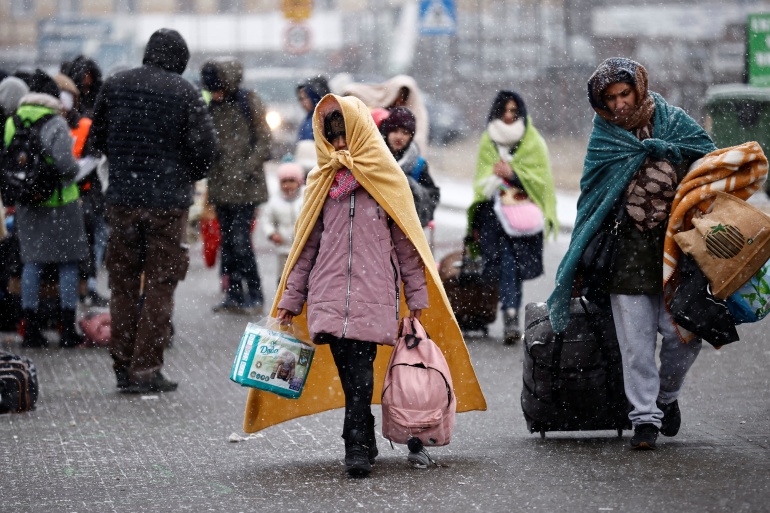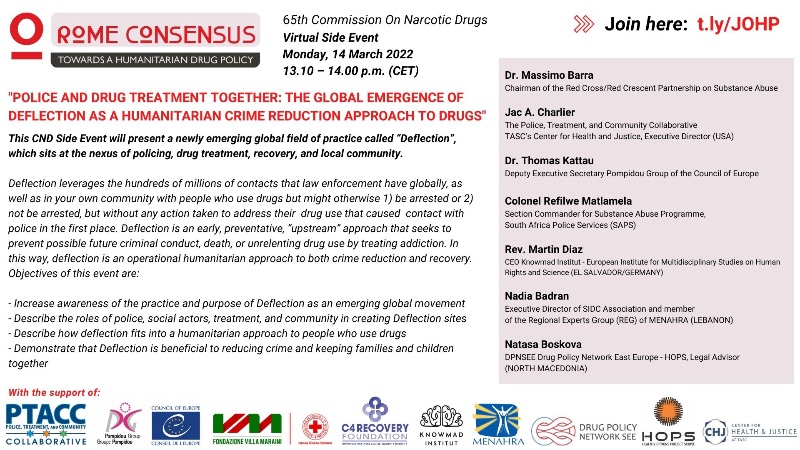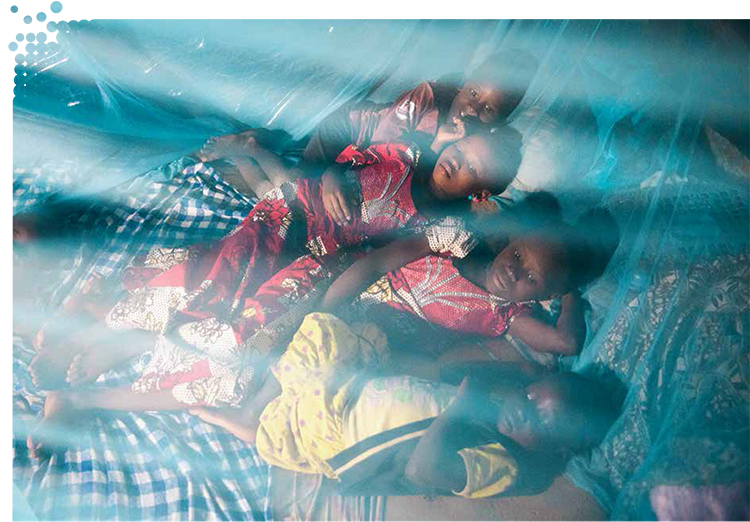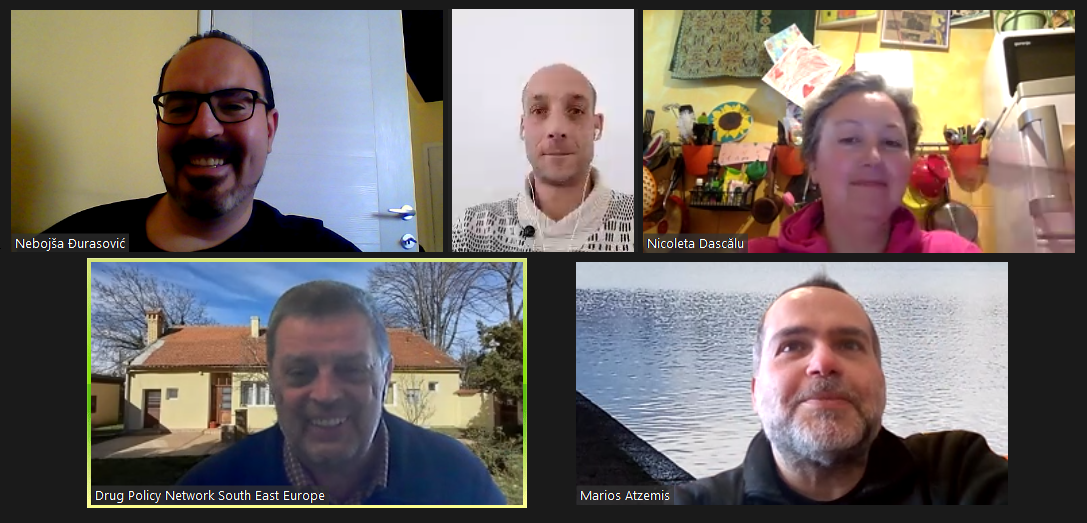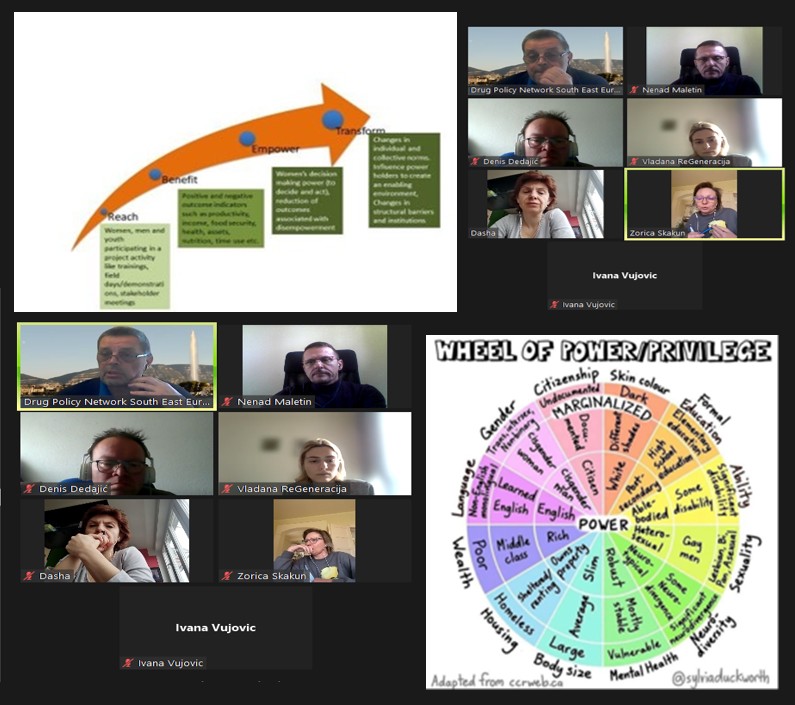Our member organisation Re Generation hosted today the Round table on the occasion of the #BezbedanParty (SafeParty) project.
During the Round Table, the results of four months of this project were presented. Within the event, proposals for the amendments of local and national Action Plans were presented in order to increase the safety of young people in nightlife, created by the joint work of NGOs Re Generation and experts, based on data obtained through community research.

Every day we encounter various situations in the night life, in which young people who go out to nightclubs and attend festivals can potentially be exposed to dangers related to the use of psychoactive substances (drugs and alcohol), but also other health, social and legal risks. This is partly because the public is not familiar with harm reduction programs, and an honest and fact-based conversation about drugs remains taboo.

That is why the goal of this project was to initiate a dialogue on risk issues in the night life, and encourage and introduce the community to harm reduction programs in Belgrade, and educate those who work and those who work to survive clubbing more safely.
Activities of the project included:
- Training for peer educators intended for young people who go out to nightclubs and visit festivals, but also to DJs, owners, managers, promoters and other figures in the clubbing industry. Upon completion of the training, participants will be introduced to harm reduction programs when consuming psychoactive substances.
- Promotion of educational materials related to harm reduction programs, safer nightlife practices, as well as the distribution of party packs
- Discussion with the competent authorities in order to amend the relevant National Strategies and Action Plans
- The #SafeParty campaign, which will not only invite the target group to action, but will also be able to contribute, keep up to date with events, changes and news, but also to get involved in the advocacy action itself.

The #BezbedanParty project was implemented as part of the “Explore – Empower” public advocacy support program funded by the UK Government and implemented by the Trag Foundation. The implementation of this project was strategically supported by the Office for Combating Drugs of the Government of the Republic of Serbia.
To get more information about the project (in Serbian), follow this link>>>.


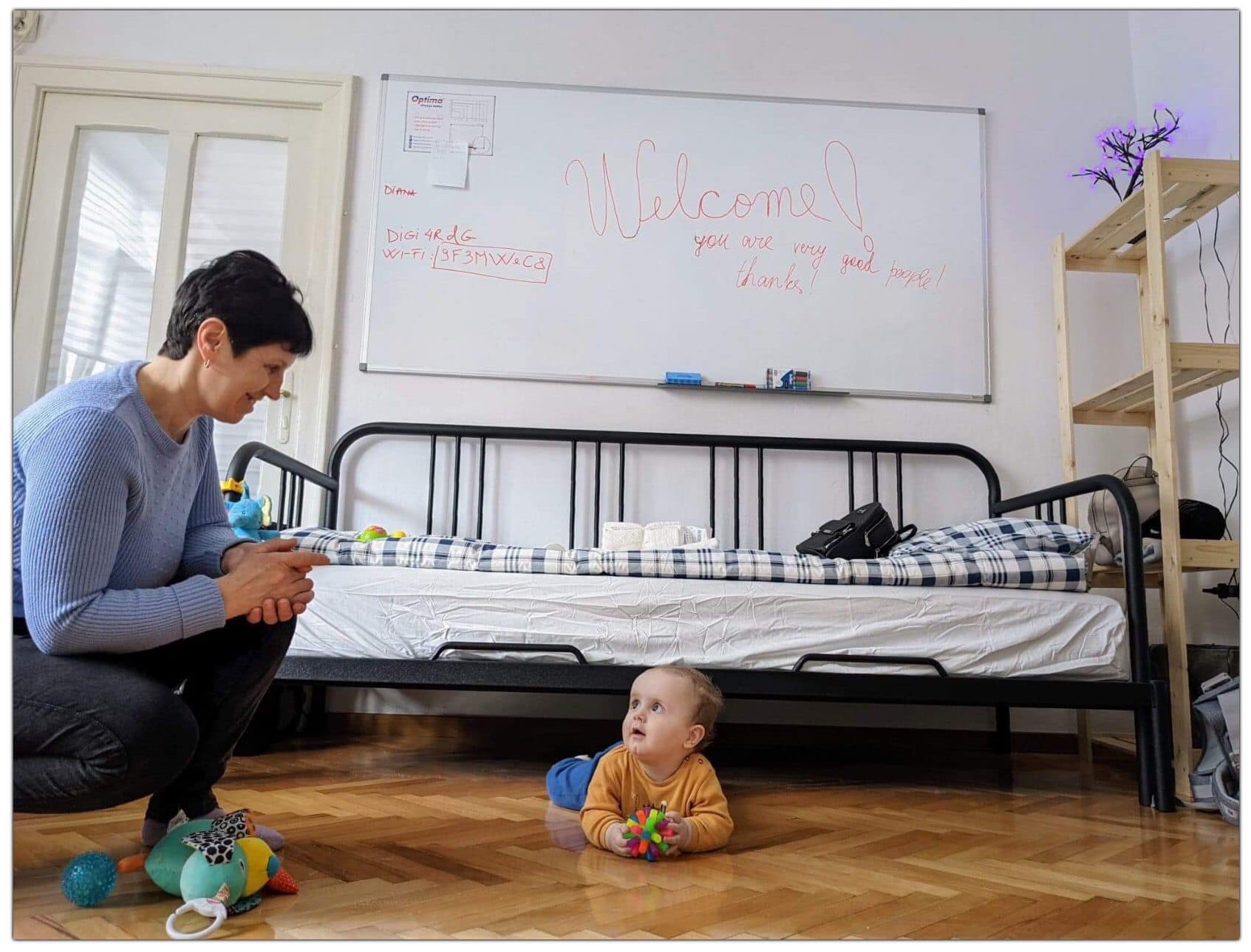

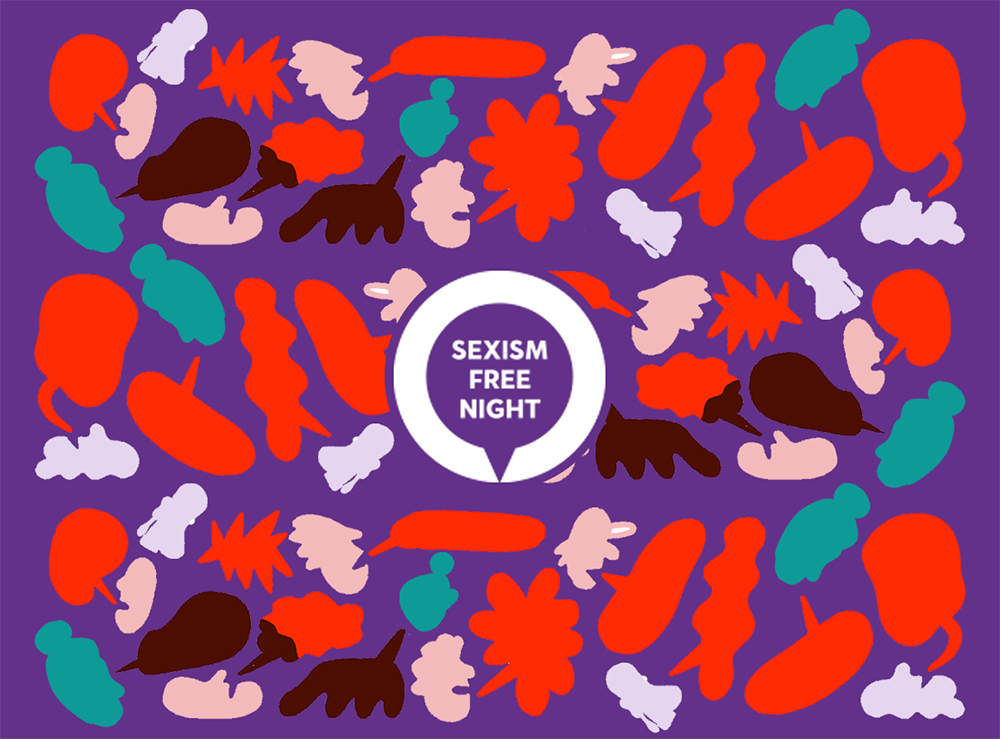
 The survey was developed and translated into eight different languages: English, Spanish, French, Portuguese, Serbian, German, Latvian and Slovenian, while data collection was implemented from 25.11.2020 until 31.12.2020.
The survey was developed and translated into eight different languages: English, Spanish, French, Portuguese, Serbian, German, Latvian and Slovenian, while data collection was implemented from 25.11.2020 until 31.12.2020.
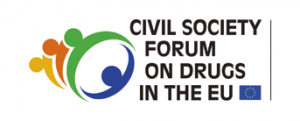 Member organisations of the Civil Society Forum on Drugs (
Member organisations of the Civil Society Forum on Drugs (
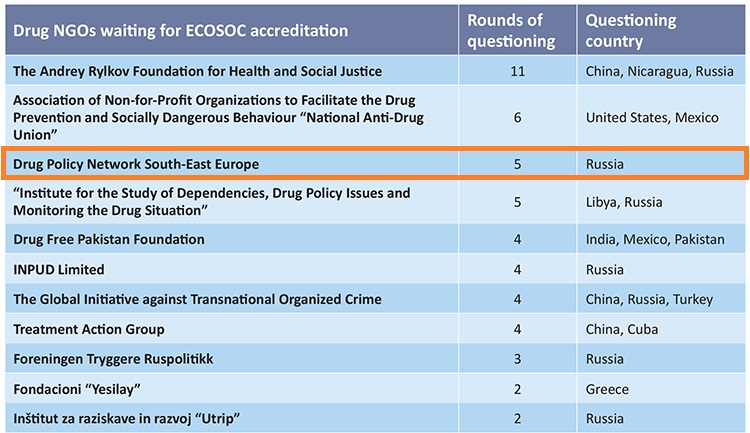
 You can access the report
You can access the report 